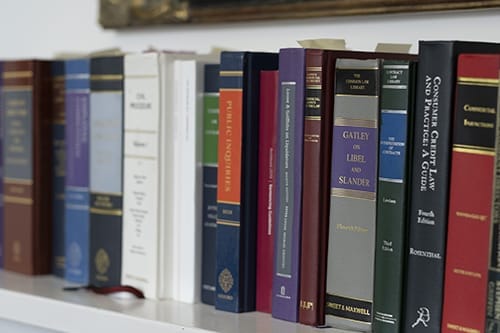Despite latest polls suggesting that support for Scottish independence is stronger than ever, the Supreme Court has ruled that Holyrood does not have the power to legislate for a second independence referendum without Westminster’s consent.
In a unanimous judgement, the court ruled that the draft Scottish Independence Referendum Bill published in June 2022, is outside of the powers of the Scottish Parliament.
Why?
Because the legislative powers of the Scottish Parliament are limited by the Scotland Act 1998. The Act sets out that whilst the Scottish Parliament can legislate on devolved matters (such as education, health, and social care), it cannot legislate on matters ‘reserved’ to the UK Parliament, including aspects of the constitution.
How did this reach the highest court in the land?
When the draft Bill went before the UK Government earlier this year, it was deemed to be outside of the Scottish Parliament’s powers. This prompted the Lord Advocate, the senior law officer for the Scottish Government, to refer the Bill to the Supreme Court on the basis that the Bill has no direct legal effect and therefore does not relate to a ‘reserved’ matter.
The ruling
The Supreme Court ruled that even if a referendum had “no immediate legal consequences” it would still “be a political event with important political consequences”. It was unanimously agreed that the Bill has more than a loose or consequential connection with the reserved matters of the Union of Scotland and England and the sovereignty of the United Kingdom Parliament.
What next?
Responding to the judgement First Minister of Scotland Nicola Sturgeon tweeted that she was “disappointed” but respected the Supreme Court’s decision.
So, is this the end of the road for Scottish Independence?
Definitely not, Nicola Sturgeon later added that, “a law that doesn’t allow Scotland to choose our own future without Westminster consent exposes as myth any notion of the UK as a voluntary partnership…today’s ruling blocks one route to Scotland’s voice being heard on independence – but in a democracy our voice cannot and will not be silenced.”
The Secretary of State for Scotland, Alister Jack, said the UK Government was committed to working with the Scottish Government on the issues that matter most to people in Scotland. It will not come as welcome news then that Nicola Sturgeon now plans to approach the next UK general election as a “de facto” referendum on independence.
However, in the latest twist in this tale, figures published shortly after the Supreme Court ruling revealed that £1.5m of public money will be spent next year on civil servants tasked with working on the independence campaign, thereby prompting the UK Government to reassess what civil servants can and cannot do.
The issue of Scottish independence is not going away. Whether the SNP chooses to bide it’s time, carry on regardless, or park the issue altogether very much remains to be seen.
By © User:Colin / Wikimedia Commons, CC BY-SA 4.0, https://commons.wikimedia.org/w/index.php?curid=30460982







